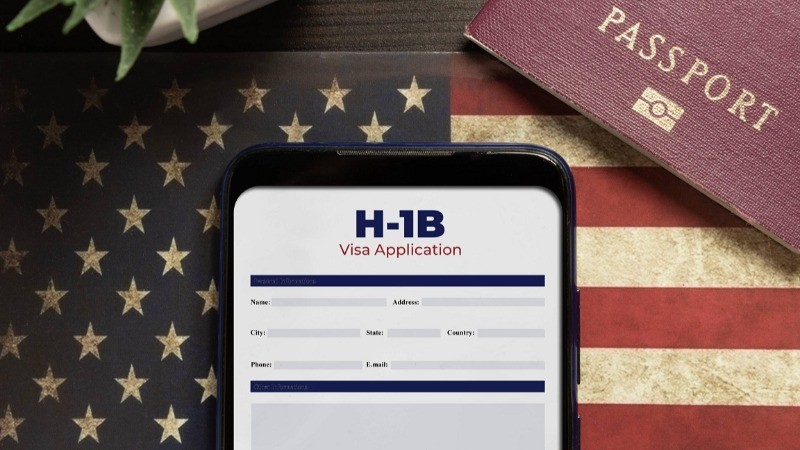
As 2024 comes to a close, one of the most significant developments in U.S. immigration policy stands out: the modernization of H-1B visa rules. This landmark reform has empowered entrepreneurs to sponsor themselves for work visas through their own companies, marking a transformative step for innovation and global business in the United States.
This redefined "employer" status paves the way for innovators to establish ventures in the United States without the need for third-party sponsorship. If this rule remains intact, it could eliminate some of the hurdles faced by immigrant entrepreneurs, including those who aspire to follow in the footsteps of visionaries like Elon Musk.
Benefits for Indian Entrepreneurs
The revised rule holds particular significance for Indian entrepreneurs, who often face extended waits for employment-linked green cards. Traditionally, individuals on H-1B visas have been required to work for employers for years before gaining the legal footing to start their businesses. By reducing this dependency, the new policy offers hope to aspiring founders from India and other countries, enabling them to realize their entrepreneurial dreams sooner.
U.S. Economic Gains from Entrepreneurship
The U.S. Department of Homeland Security (DHS) expressed optimism about the change, stating, “Granting more entrepreneurs H-1B status to build their businesses could lead to job creation, the rise of new industries, and numerous opportunities within the U.S."
Key Regulatory Updates
Under the updated regulations, H-1B beneficiaries who hold controlling stakes in their sponsoring companies are eligible for visas, provided they fulfill specialized occupation roles most of the time. Additionally, the validity period for initial petitions and their first extension is now limited to 18 months, compared to the standard three years. According to Mitch Wexler, a partner at Fragomen, a global immigration law firm, “Guard rails have been introduced to ensure compliance, while still enabling startup founders to thrive.”
Challenges for Early-Stage Startups
While the rule offers immense potential, it also presents challenges for early-stage entrepreneurs. Sameer Khedekar, founder of Vanguard Visa Law, noted that startup founders often lack the customer contracts or substantial funding required to prove the viability of their business. To meet these new standards, entrepreneurs must meticulously document business plans, showcase product development, secure market validation, and demonstrate industry relevance.
The new H-1B rule represents a pivotal step towards empowering innovators and fostering economic growth in the U.S. While challenges persist, it holds the promise of transforming the entrepreneurial landscape and creating opportunities for aspiring business leaders.